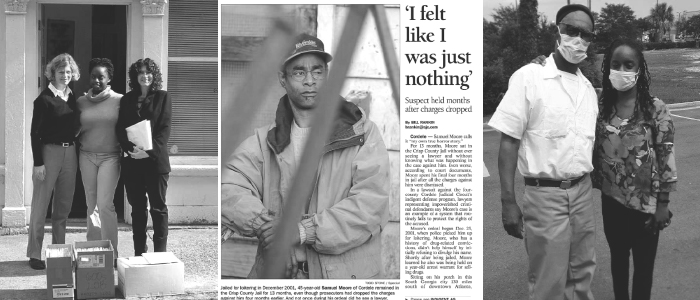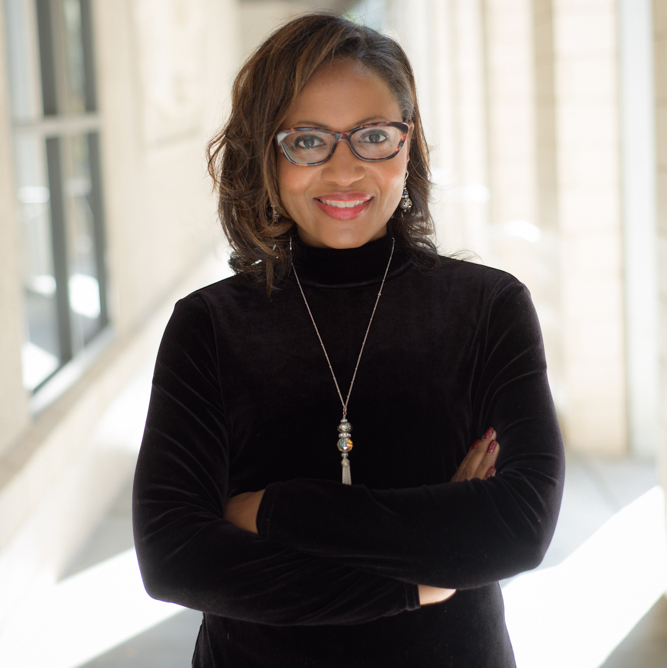We Take Injustice Personally
At SCHR we take injustice personally. We, too, are traumatized by watching Black lives threatened and extinguished with abandon and without cease.
I am personally incensed that I have to have “the talk” with my sons, knowing full well that no matter how polite they are or how closely they follow the rules, none of it will keep them safe from someone who sees them as less than human. It’s not right, and it should not be normal. I had hoped for better for my children.
Each of us at SCHR has our own stories about why we choose this work, and we carry these stories with us in everything that we do. Our histories, our values, our lived experiences motivate us on the really hard days. They drive us when we’re tired; when things seem hopeless; when we want to cry. We fight against injustice and yet we are not protected from it. We fight against injustice because we are not protected from it.
We advocate like our children’s futures depend on it, like the health and safety of our communities is at stake, like justice demands it.
I want you to know that we are working every day, through the tears and through the anger. We are working to create better days, and through the dark clouds, we are finding rays of light.
On Friday, Mr. Samuel Moore walked free after having served 15 years of a 20-year sentence for selling $40 of cocaine. Many years ago, Atteeyah Hollie (now, Senior Attorney in the Impact Litigation Unit) was an SCHR intern investigating the dismal state of indigent defense in Georgia. She found Mr. Moore languishing in jail for thirteen months on a loitering charge, though the charges had been dropped four months earlier. No one bothered to tell him that the charges against him had been dropped. Eighteen years ago, she was successful in advocating for his release. In 2020, she did it again, by winning his parole. The story of Atteeyah’s commitment to Mr. Moore over almost two decades is poetic. It’s the kind of advocacy that requires taking injustice personally. And in true Atteeyah style, she was there to pick him up from prison the moment he was released.

A week ago, along with the ACLU of Georgia, we filed an Open Records Act lawsuit against Sheriff Victor Hill in Clayton County Georgia for failing to provide public documents showing the number of people with COVID-19 at the jail. No one is above the law, and we will continue to hold law enforcement officials accountable as we seek the release of individuals most vulnerable to COVID-19 and protections for all those who encounter the criminal legal system during this pandemic.
Through JUSTGeorgia, we are working with communities all over the state to stand against systemic oppression and racism that deputize civilians to murder the innocent, condone prosecutorial misconduct, and criminalize Black people. Here is a list of the coalition’s demands in response to the murder of Ahmaud Arbery.
As the Georgia legislature reopens, we are ready to challenge repressive laws that criminalize race and poverty and advocate for meaningful reforms that make communities whole.
We will not give up because we have promises to keep. Promises that we made to ourselves and our children and promises that are enshrined in the US Constitution.
These are difficult times and doing this work while feeling personal trauma is a challenge. Yet, each day we rise. And we will continue to rise to meet injustice head on for as long as it takes. Thank you for your notes of encouragement that lift our spirits, your righteous outrage that demands action, and your absolute commitment to creating positive change.
We rise together.
In strength,
Terrica Redfield Ganzy
Deputy Director, Southern Center for Human Rights
